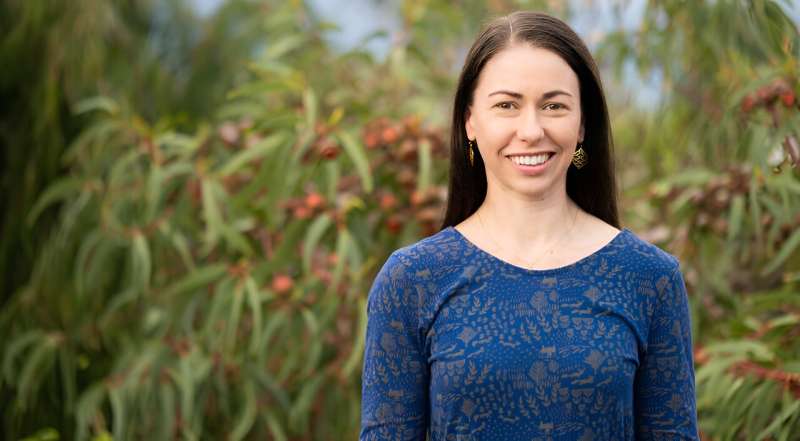This article has been reviewed according to Science X's editorial process and policies. Editors have highlighted the following attributes while ensuring the content's credibility:
fact-checked
peer-reviewed publication
trusted source
proofread
Study reveals gap in cancer screening for First Nations people

A study by The University of Western Australia has found disparities in cancer screenings for Aboriginal and Torres Strait Islander people in the Northern Territory.
Researchers from the Western Australian Center for Rural Health (WACRH) at UWA, Northern Territory Health and The University of Queensland interviewed 50 staff from 15 health services, for the study published in the International Journal of Environmental Research and Public Health.
Lead researcher Emma Taylor, from UWA's School of Allied Health and WACRH, said cancer screening by remote and very remote primary health care clinics in the NT varied. While some performed well, for others it was a lower priority compared to other conditions due to lack of funding and resources.
"Understanding the perspectives of health care providers gives valuable insights into ways to improve screening participation and address disparities in cancer outcomes," Taylor said.
"Primary health care providers in the NT are essential to improve outcomes for the Aboriginal population; however, they are hampered by lack of funding and resources, high workloads and staff turnover."
The findings suggested system-level improvements were required to improve cancer screening reach and frequency, including increased funding and staffing, transport to screening services, and education for primary health care staff on the incidence of cancer in Aboriginal communities.
"Having appropriate funding and additional staff could increase cancer screening in adult health checks and support primary clinics to work with local communities to co-design targeted programs and culturally relevant education activities," Taylor said.
"Addressing these issues is vital for primary health care clinics to address the existing cancer screening gaps and to enable the Federal Government to meet its pledge to be the country in the world to eliminate cervical cancer by 2035.
"The implementation of the National Lung Cancer Screening Program in 2025 also presents an opportunity to deliver greater benefits to Aboriginal communities."
More information: Emma V. Taylor et al, "A Huge Gap": Health Care Provider Perspectives on Cancer Screening for Aboriginal and Torres Strait Islander People in the Northern Territory, International Journal of Environmental Research and Public Health (2024). DOI: 10.3390/ijerph21020141



















